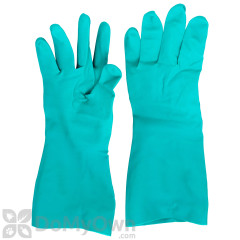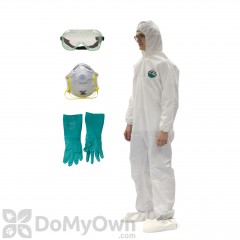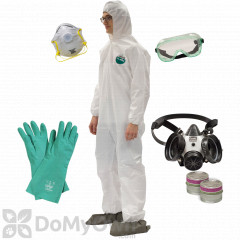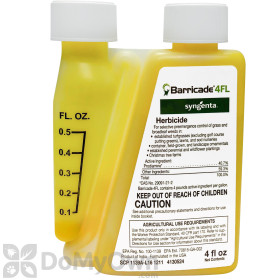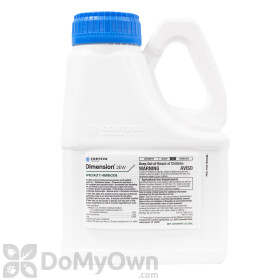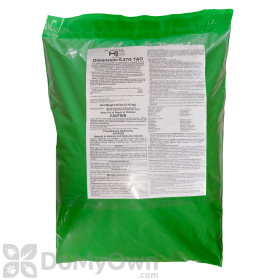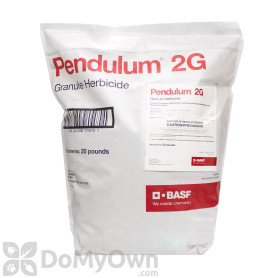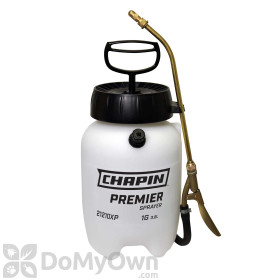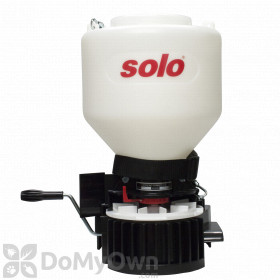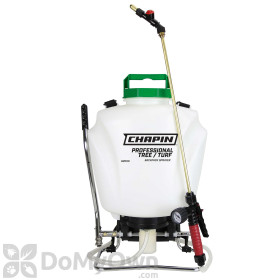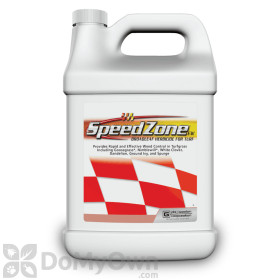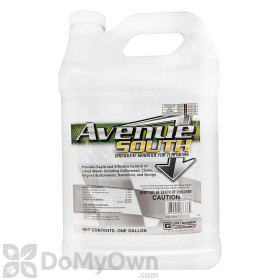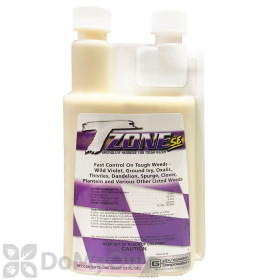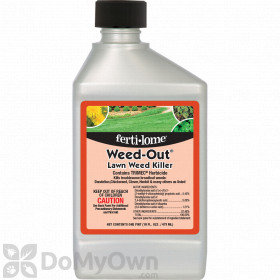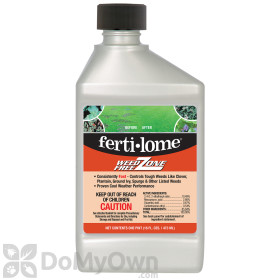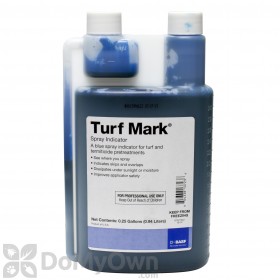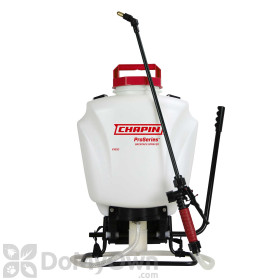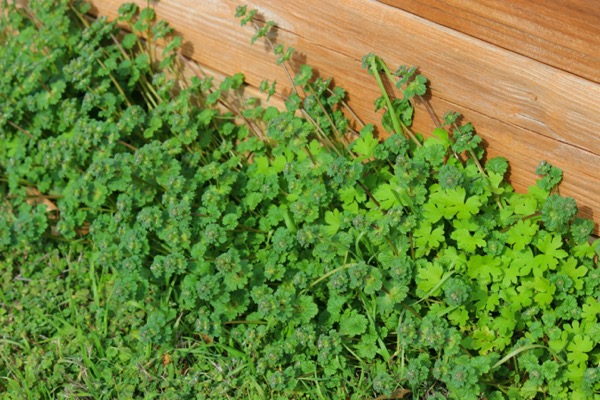
Cultivate a Healthy Lawn
To help prevent future growth of henbit around your home or workplace, cultivation of a healthy field of grass can be an important first step. Keeping your lawn free of excess thatch and keeping the grass mowed to the recommended height for your lawn type (this is often between 2 and 3 inches) can help a lawn grow strong. A healthy lawn can more easily resist weed growth and other nuisances.
For more advice on how to keep your lawn healthy year-round, read our lawn care schedules.
Maintain Your Soil
Henbit can grow in most parts of the United States and in many types of ground, but truly thrives in damp, moist soil, and in shaded areas.
To make your lawn less hospitable to henbit, maintain your soil! This means making sure there is proper drainage in your lawn. You can also core aerate your lawn to assist in the draining of excess moisture. Watch the video below to learn how.
Checking your soil's nutrient levels can help you find problems in your lawn before they result in unsightly patches or bare spots. Taking a soil sample for testing is an easy DIY step that can give you valuable information about your lawn.
Apply a Pre-Emergent
Pre-emergents work best for controlling henbit by stopping the germination (or sprouting) of new seeds before they can grow into new weeds. By creating a pre-emergent application plan you can greatly reduce the chance that henbit will spread further on your property.
To best interrupt henbit growth, we recommend applying a pre-emergent herbicide in the fall. This is your best opportunity to stop additional spread of this winter annual weed.
A second application of your pre-emergent product in the spring--after the soil has thawed, but before it reaches a temperature of 55 degrees--can act as a second layer of defense against new henbit growth on your lawn. Consult our Lawn Care Calendar for more details on the best time to apply a pre-emergent in your area and for your lawn type.
Consider the type of turf you need to treat and only use pre-emergent products labeled for those grasses. Our DIY Experts recommend the products shown below. Give us a call if you have any questions.
Products needed for Step 3
Consider a Post-Emergent Herbicide
For lawns that already show henbit growth, a post-emergent herbicide may be needed to halt the weed's growth. Consider Speedzone or a product using Triclopyr like Crossbow (which is not labeled for lawn use, but can be a good solution for industrial areas and some pastures) as options if the weeded area is in a cool season turf, where these products work best.
Negate 37WG and Fertilome Weed-Out are good options for henbit control in warm season turf, but it is crucial to check the product label to confirm that it is the right match for your turf type, your property usage, and the weather you will be working in.
Products needed for Step 4
We hope you found this guide helpful. If you are still unsure if you have henbit in your lawn, review our guide on what henbit looks like.
